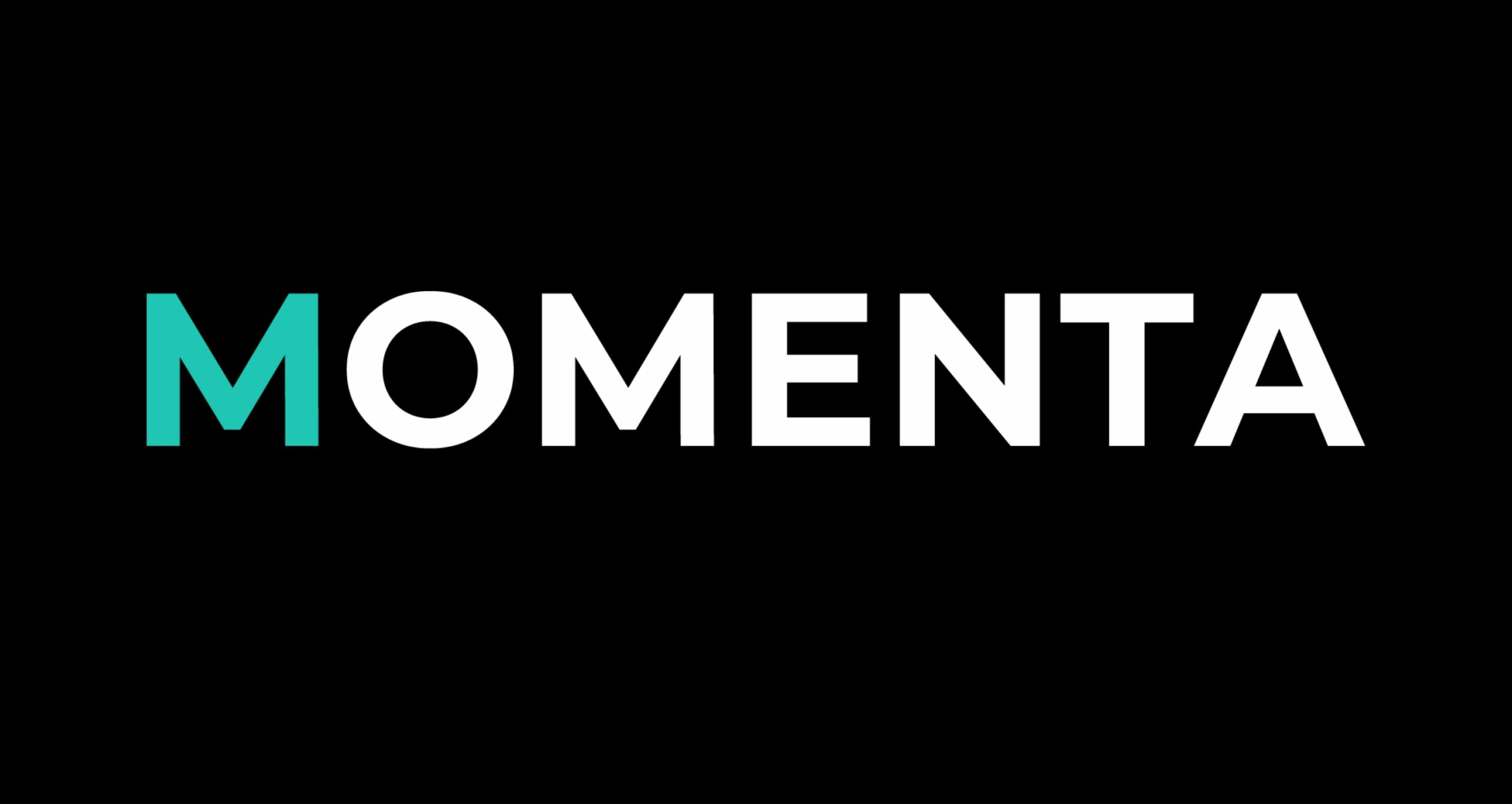Rethinking the Traditional Workplace
Global digital transformation has changed how we live and also the traditional workplace. Many people are now looking for roles that fit into a new and upbeat lifestyle and with this has been made even more prevalent within the digital era. In today’s COVID-19 environment, the traditional workplace has changed to that of a home base, where the usual workday commences.
Contract work and the ability to work remotely have become more and more appealing to jobseekers within the 21st century. It is thought that 68% of currently employed job seekers would be more interested in a role offering virtual and remote working arrangements. We’ve outlined our top 3 benefits below.
1) Increased productivity
Critics of remote working have often believed that working remotely or from home reduces employee’s productivity. Modern research has shown that this is not the case – it has been revealed that employees who work most of their hours outside the office are happier and more engaged within their role. The logic is simple – by giving workers more control over their work-life balance, companies are making their employees more fulfilled and reaping the benefit of increased productivity.
2) Convenience
Contract and remote workers are able to regularly adjust their scheduling, with customers able to get in touch with an expert more easily. Many offices shut their doors at 5 pm, but the remote and contingent workforce is mostly always available.
3) Less staff turnover
Allowing your employees to work remotely and flexibly can reduce staff turnover. Recruitment can be expensive, and offering employees a different style of working and an opportunity to improve their work-life balance will, in turn, promote loyalty.
You can read ore about the history of remote work here.
Recruiting contingent and flexible workers
The recruitment process may be different when employing flexible workers in comparison to regular employees. It is essential that the client and the recruitment agency highlight the position is not permanent, and it is fully understood what the client needs in terms of an employee.
It is necessary to be thorough when interviewing contingent workers and find out their ambitions for the future. It is essential that the applicant matches your client’s work culture, even though they may not be a permanent addition to the team.
Read more about how we can assist you with your contingent resourcing needs.
